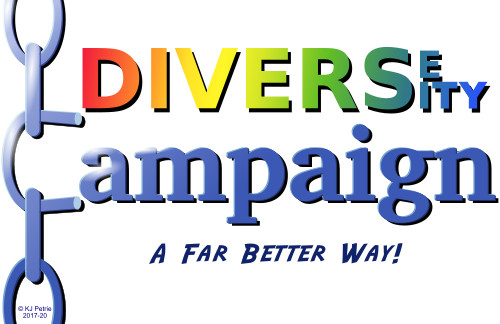Opinion
29th November 2022
A Wasted Opportunity
As the Government finally publishes its Online Safety Bill some express concern its requirements on Social Media companies to remove “harmful but legal” content have been watered down. There is still such a requirement for children but not for adults. This is because Free Speech campaigners pointed out that almost any controversial view could be claimed to be harmful if it upset somebody.
When I heard Ian Russell, whose adolescent daughter killed herself after reading online material about self harm describe the content he would like to see banned I saw the problem. He described a line drawing of a sad girl with the caption “No one loves a suicidal girl.’ Now, it is easy to see how a suicidal person reading that could see confirmation of being unlovable, just as it is also possible it could be used in a motivational article to illustrate the need for lonely people to be less self-obsessed and concentrate on reaching out to others in a positive spirit to make friends. The context in which such a message is displayed could change its meaning between two opposites, so how would an algorithm (for how else could this be policed on a mass-market platform) distinguish between the two?
Which is where I see an opportunity being missed, for the discussion rapidly moved on to discuss the amplifying effect of Social Media algorithms. Social Media make their profits by encouraging people to stay on them for a while and return for more, so their algorithms direct members to more of the same on the basis this will give their users more of what they like. In the case of someone with a morbid curiosity this will feed their morbidity, creating a downward spiral into more extreme exposure.
That is not just harmful to people at risk of suicide or pornography. It is harmful to society as a whole, for in driving people towards more extreme versions of their own views it drives people apart, preventing political discussion and motivating them to gang up on the rest of society. Is that not the real harm?
This country has a history of Public Service broadcasting, and although that has in recent years retreated into its own ghetto, the model behind it is a valid example of how putting Public Service before profit helps to build a better society and reduce the prevalence of hatred in public life. The recent failure of that impartiality also illustrates how dangerous that becomes when this safeguard breaks down. If the regulation of Social Media platforms concentrated less on specific content per se and more on the algorithm, requiring it to serve a variety of views rather than echoing a user’s current prejudices, would not that both remove the amplifying effect and encourage people to engage and debate opinions rather than simply encourage mindless campaigning for ideas which might not survive real examination?
What a pity that in trying to deal with an immediate problem, our legislators have, once again, missed seeing the wider and more important issue.

